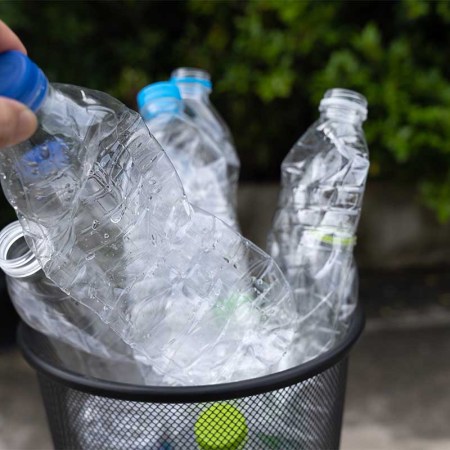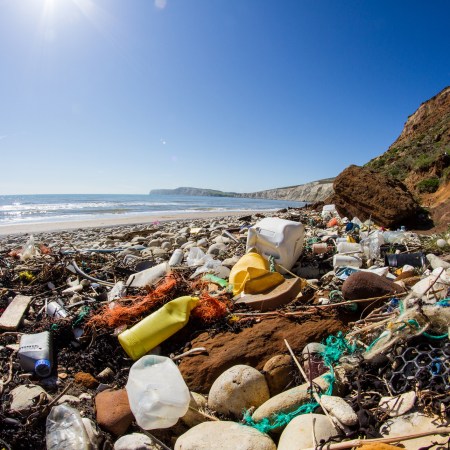Microplastics have become a hot topic in scientific circles lately, and it isn’t hard to see why. The World Health Organization has spent the last few years researching the subject — and, more specifically, just what the long-term health effects of consuming microplastics might be. In the meantime, scientists have found microplastics in everything from bottled water to Arctic ice. If you’re trying to avoid them, it might well be an impossible task.
That doesn’t mean that humans can’t do anything about microplastics, however. A recent study suggests that two steps can reduce the amount of microplastics and nanoplastics in water by more than 75%. The study, titled “Drinking Boiled Tap Water Reduces Human Intake of Nanoplastics and Microplastics,” was published in the journal Environmental Science & Technology Letters earlier this week.
The study’s authors write that boiling water “can remove at least 80% of polystyrene, polyethylene, and polypropylene [nano/microplastics] size between 0.1 and 150 μm.” There are some caveats here, however — including the type of water being boiled.
How does this work? In an article for Healthline, Julia Ries explained the science behind it — and why it’s most effective when hard water is boiled. Ries explained that boiling hard water can cause the minerals inside of it to create a residue, which also accumulates considerable amounts of microplastics. That residue will need to be filtered before drinking it.
Microplastics Levels in Lake Tahoe Are a Cause for Alarm
A new study raises more concerns over microplasticsAs one expert pointed out, there’s a long history of boiling water for health reasons — and doing so to address microplastics is no different. “Boiling water before drinking is a great example of an ancient cultural practice that can help reduce an environmental exposure,” Dr. Luz Claudio of the Icahn School of Medicine told Healthline. Microplastics are a very contemporary issue, but an older remedy might be especially useful when dealing with them.
Whether you’re looking to get into shape, or just get out of a funk, The Charge has got you covered. Sign up for our new wellness newsletter today.



















